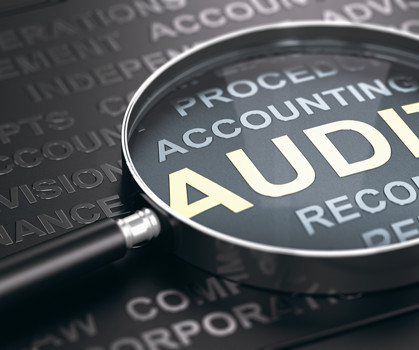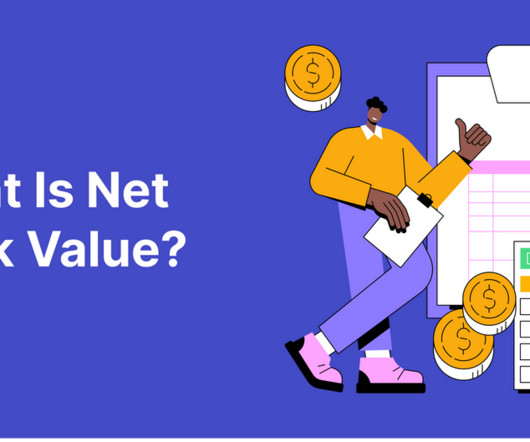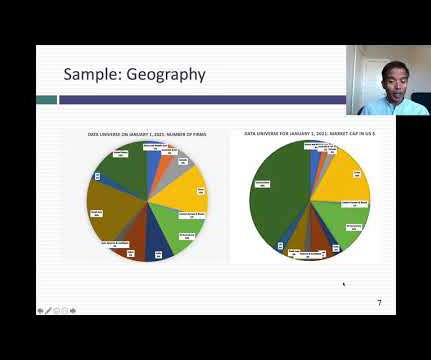Are Your Compliance Processes Keeping Up with Evolving Audit Requirements?
Bramasol
MAY 13, 2024
The PCAOB and AICPA essentially interpret and enforce accounting rules as promulgated by the Financial Accounting Standards Board (FASB) , which is responsible for establishing and improving accounting standards for financial reporting in the United States. Why Should You Care?





















Let's personalize your content